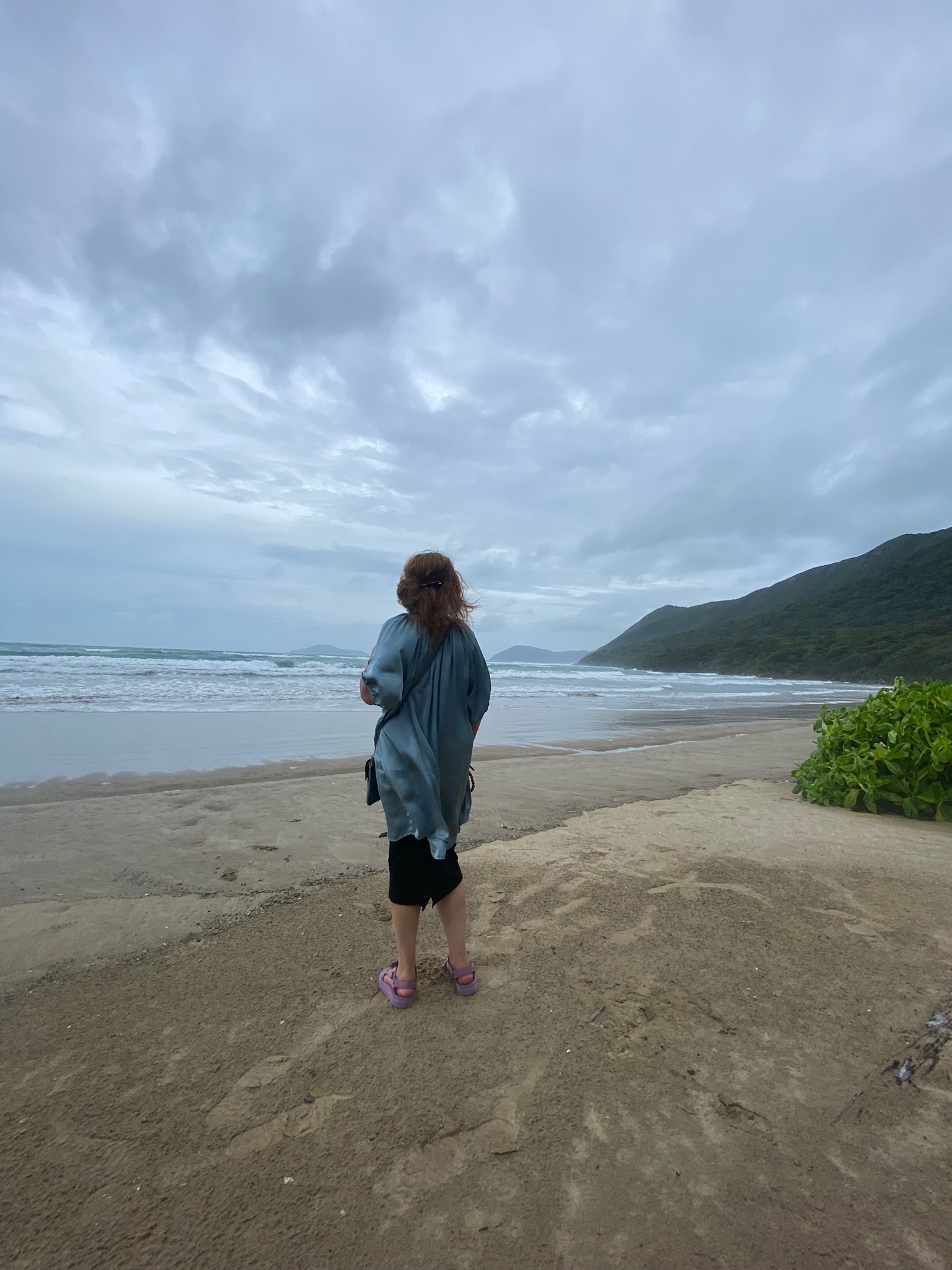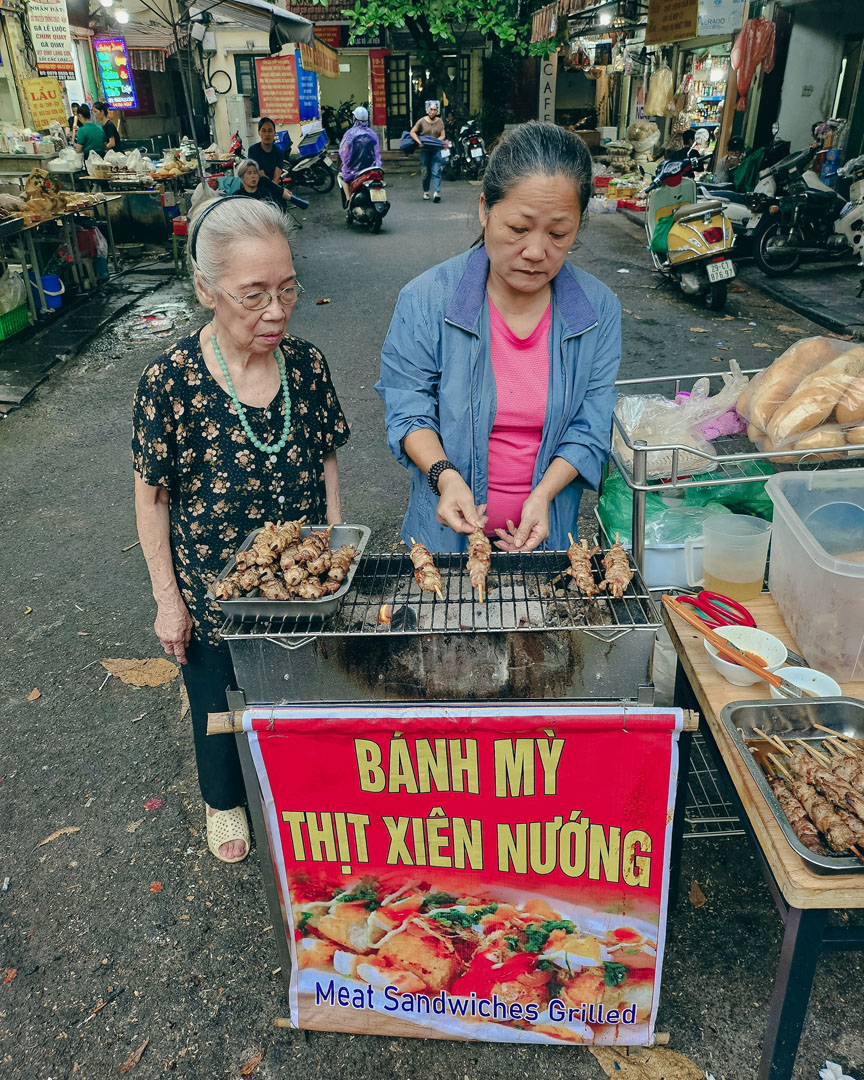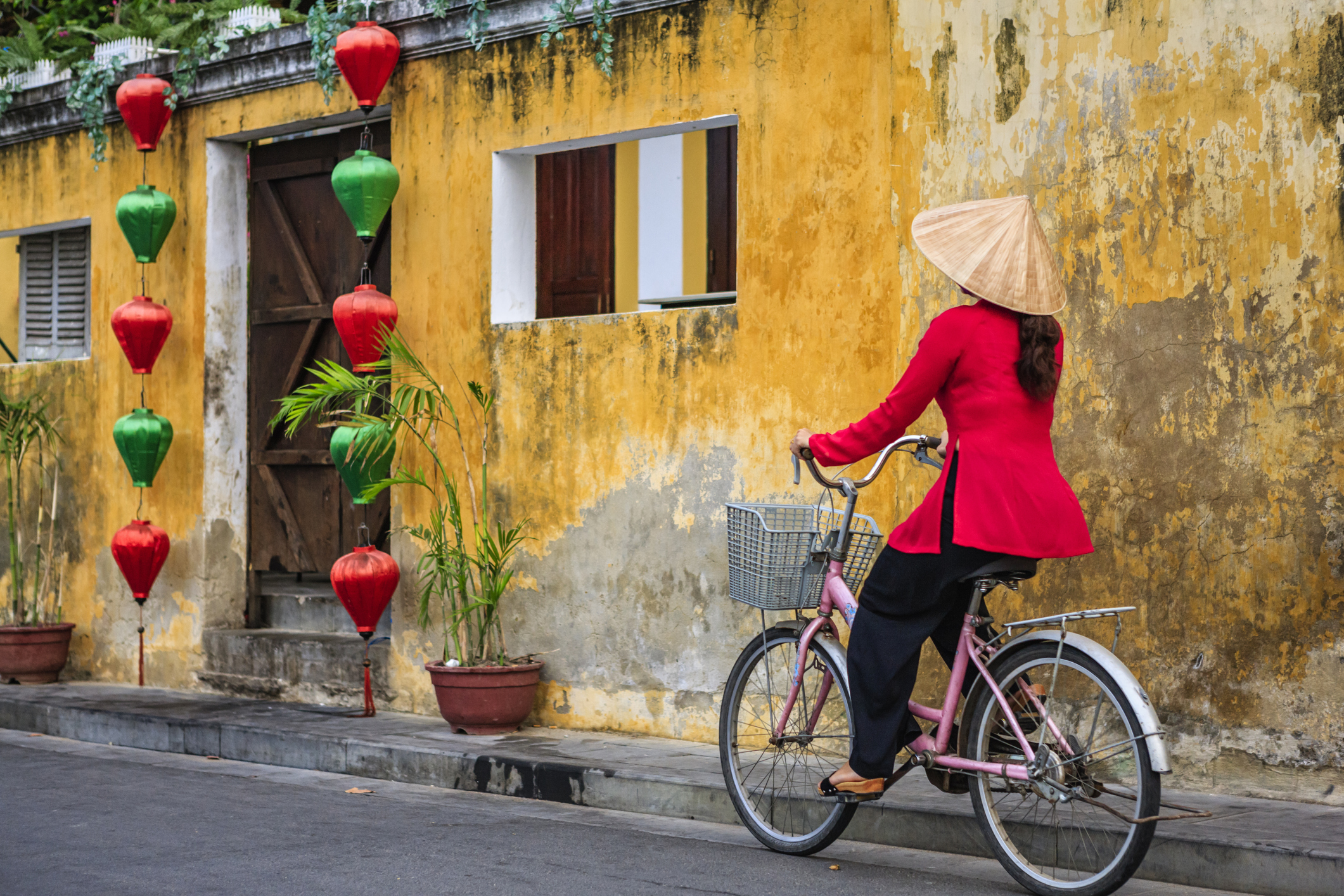Where to find rice terraces in Vietnam

Jaw-dropping rice terrace views have become synonymous with Vietnam, but they're not postcard perfect all year round. Here are our favourite countryside corners and the best times to go to avoid disappointment.
Where to find rice terraces in Vietnam

Asia is synonymous with rice. Literally every meal is served with it and the local tipple made from it, but it takes seeing it grow in the countryside to appreciate its true beauty.
The changes in the season; watching it fill the barren landscape with vivid colours; slowly watching it mature into a rich yellow before harvest. This landscape is easily one of the most photogenic in Vietnam, one of the world’s richest agricultural regions — especially on its fertile northern terraces.
But there's a catch: you are far from guaranteed to see these picture-postcard vistas. Depending on the timing of your trip, you may well be met with muddy or dried-out fields. So, if you want to see those classic views, it's important to understand the growing seasons in Vietnam.
Sapa

Sapa is without doubt one of the most famous regions in Vietnam to see rice terraces. It’s home to some of the most spectacular scenery in the country, and its wealth of ethnic minority communities mean it's fascinating from a cultural standpoint, too. It’s also easy to access by five-hour road journey from Hanoi, although this has brought more tourists and development.
When's the best time to visit Sapa?
- Due to its topography, Sapa only has one annual rice harvest: between September to October
- We don't recommend travel from June to August due to the rains
- March to May is a great time to visit, as the rice is growing
- September to October is also beautiful, as the rice turns lush yellow before harvest.
Ha Giang

If Sapa is one of the most stunning places in Vietnam, Ha Giang is off the charts.
Situated in Vietnam’s remote north, it does take a chunk of time to get there, and it has a much lesser standard of accommodation than Sapa. But boy is it worth it. As well as endless mountains, rural villages, picturesque rivers and forested valleys, Ha Giang is home to some of the most spectacular rice terraces in the world.
When's the best time to visit Ha Giang?
- Much the same as Sapa, Ha Giang only has one rice harvest per year, between September-October
- Travel before the green season kicks in from March to May, while the rice is growing
- Or, head up in September to October, before the harvest ends
Pu Luong

Similar to Sapa, with mountainous scenery and rice terraces, Pu Luong is a stunning place to visit in Vietnam.
At a lower elevation, it’s not quite as geographically spectacular — but crucially it is almost devoid of tourists, so you are likely to get hills and surrounding valleys pretty much to yourself. It’s also more accessible than either Sapa or Ha Giang, which makes it easier to link with other destinations and include in an itinerary.
When is the best time to visit Pu Luong?
- Due to a complex irrigation system, Pu Luong has two rice crops per year: from May to June and October, which means double the opportunities for fantastic views
- Travelling anytime between mid-February to May and September to October, you are pretty much guaranteed the postcard rice terrace scenery.
Mekong Delta

Known as the "rice-bowl" of Vietnam, the Mekong Delta doesn’t have the majestic terraces of the north, but it does have endless lush and exotic landscapes. Producing half of all Vietnamese rice and accounting for 70% of all exported rice, the delta region enjoys near year-round rice production, and it's just a stone's throw from Ho Chi Minh City.
When is the best time to visit the Mekong Delta?
- Apart from the green season (June to August), when almost 50% of the total delta area is flooded because of overflow from the Mekong River, you are practically guaranteed to see endless green fields at any time of year in the Delta.
Explore the magnificent scenery of Vietnam for yourself on our Vietnam's Landscapes itinerary. Get in touch with our dedicated team of Vietnam experts to find out more.



